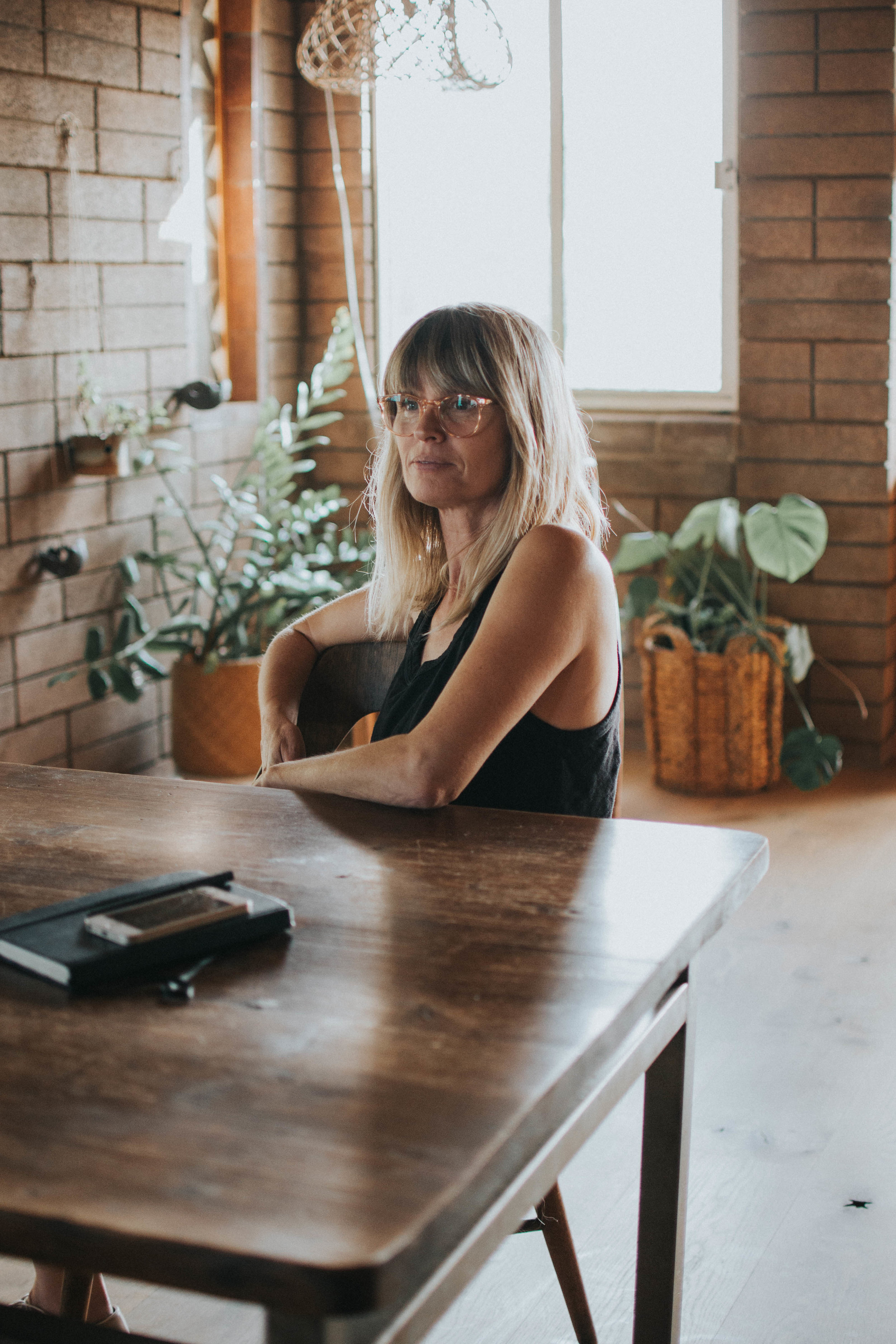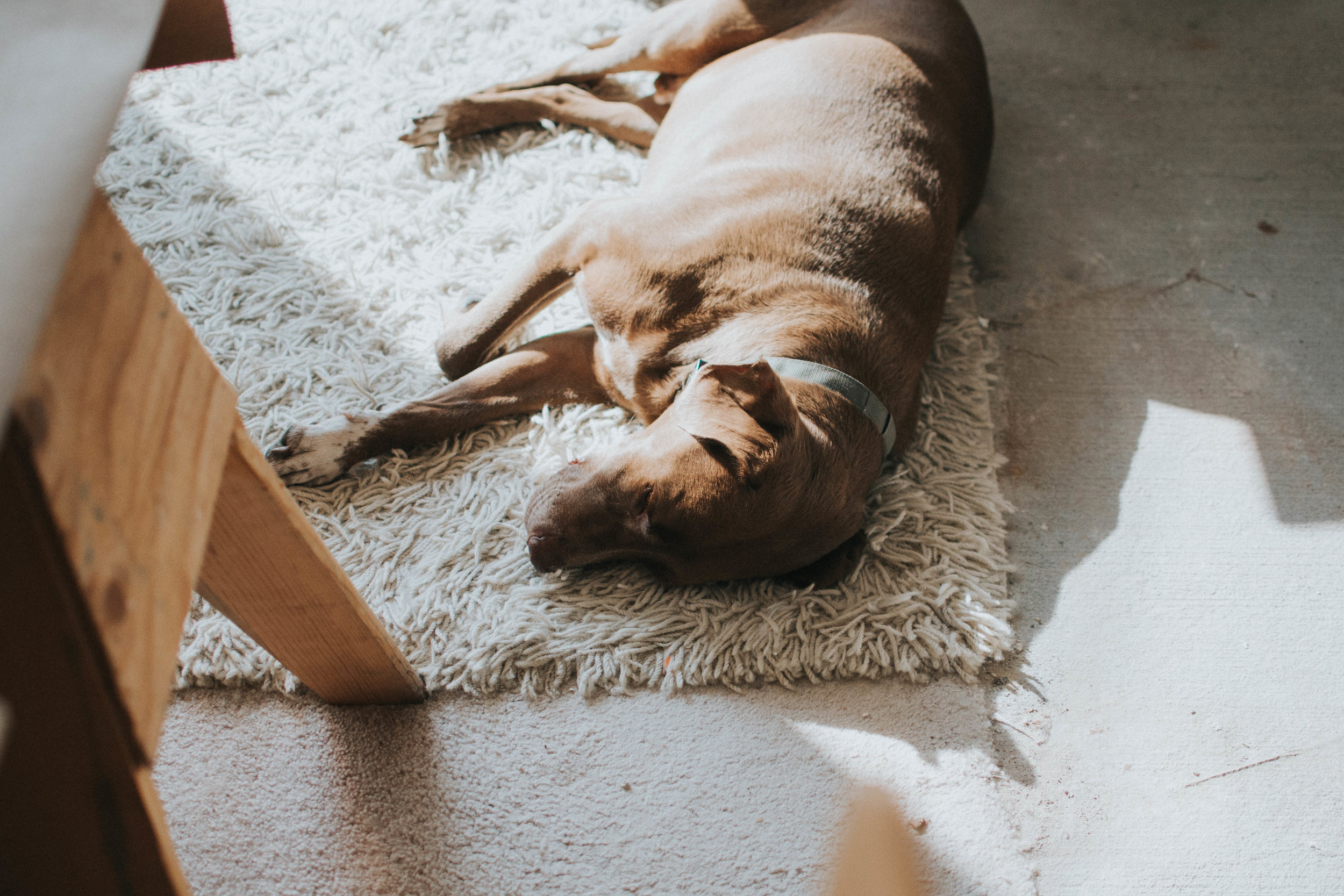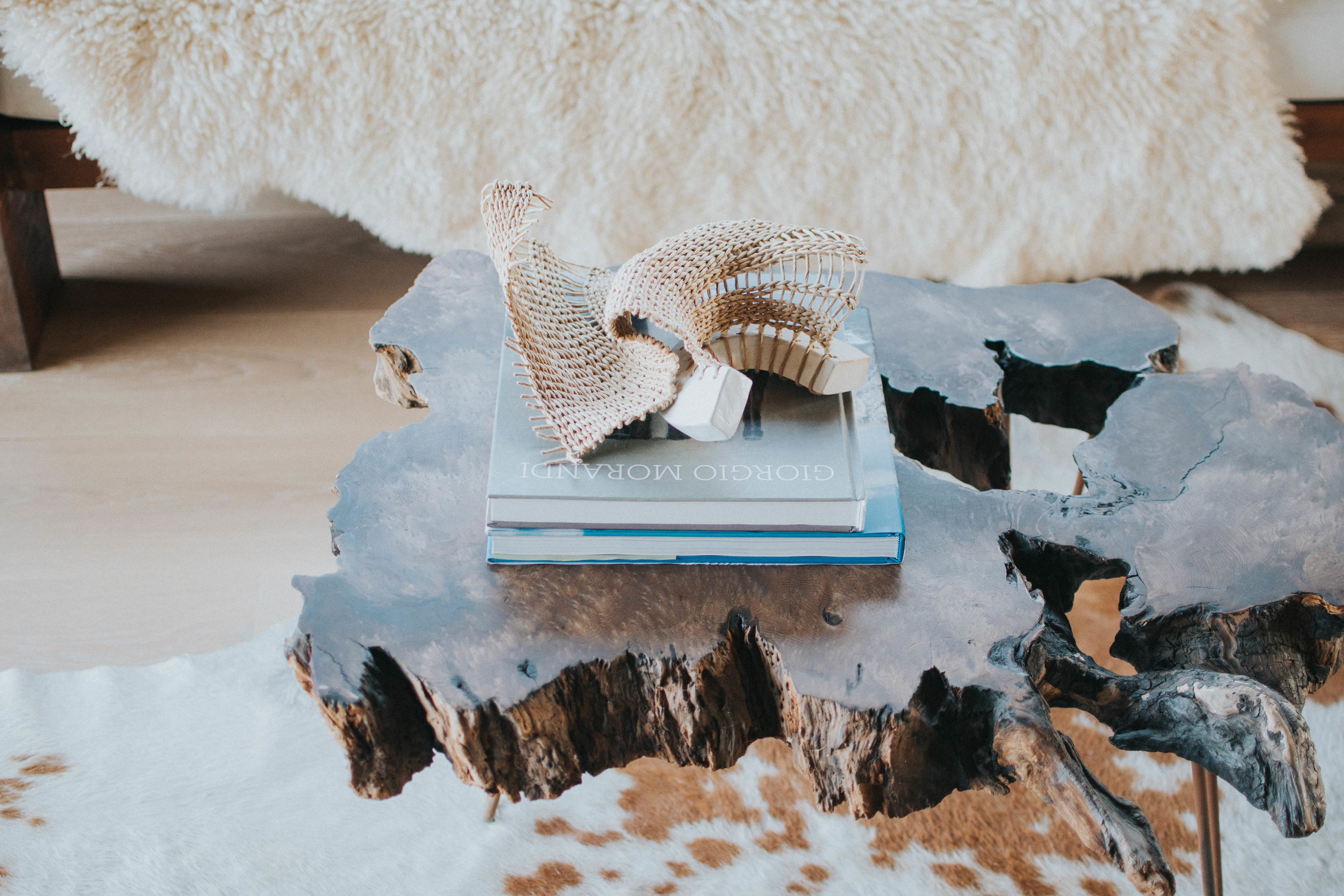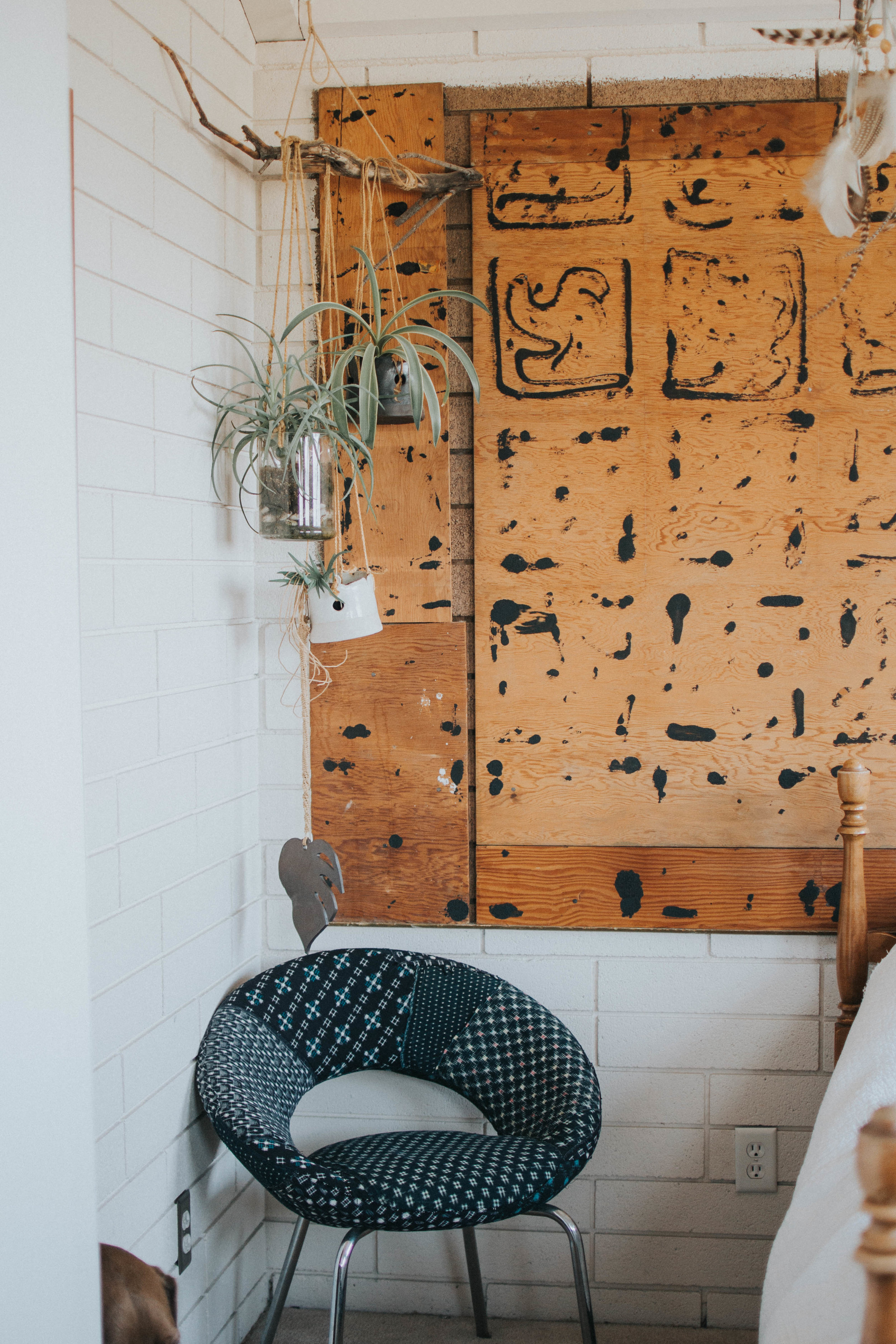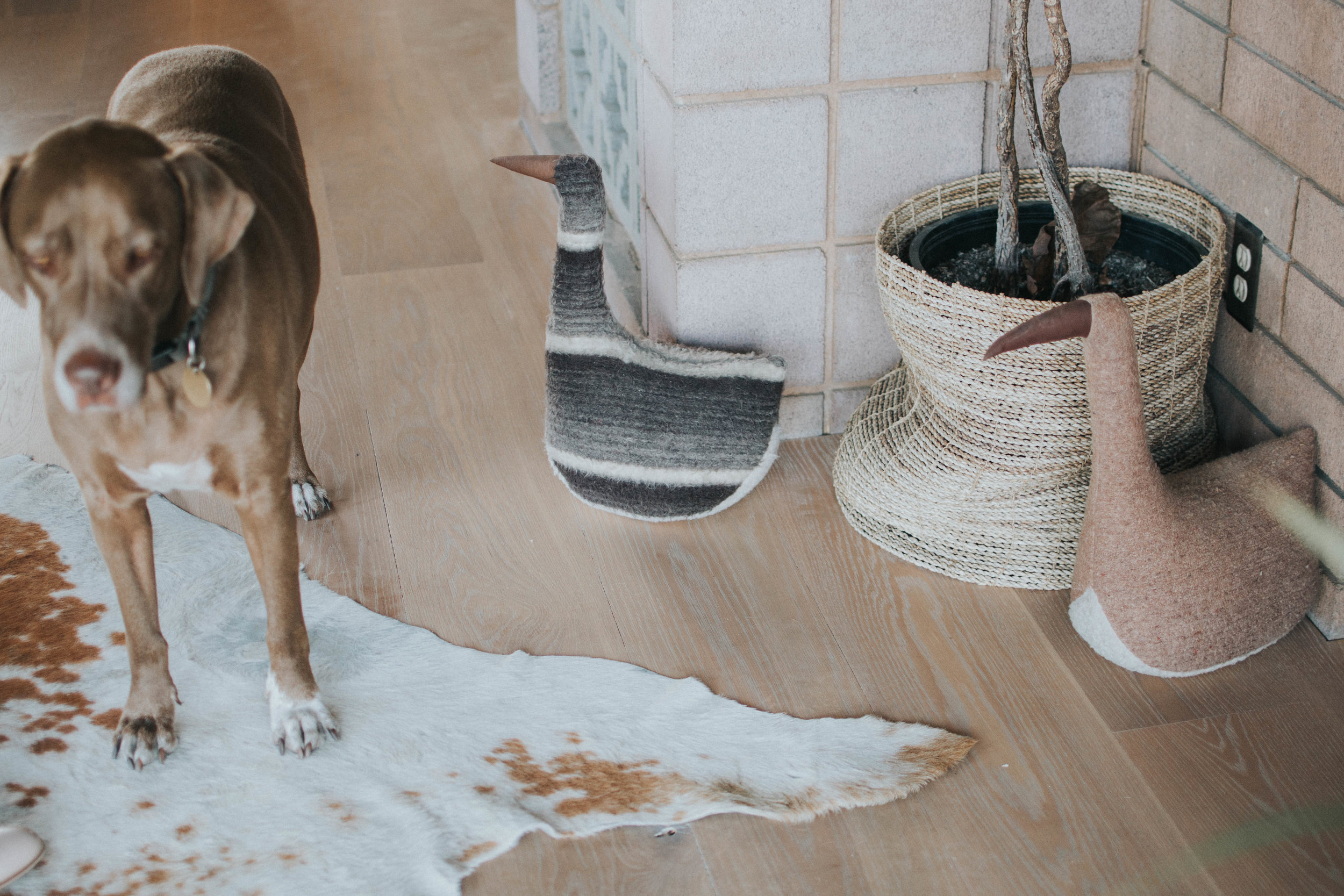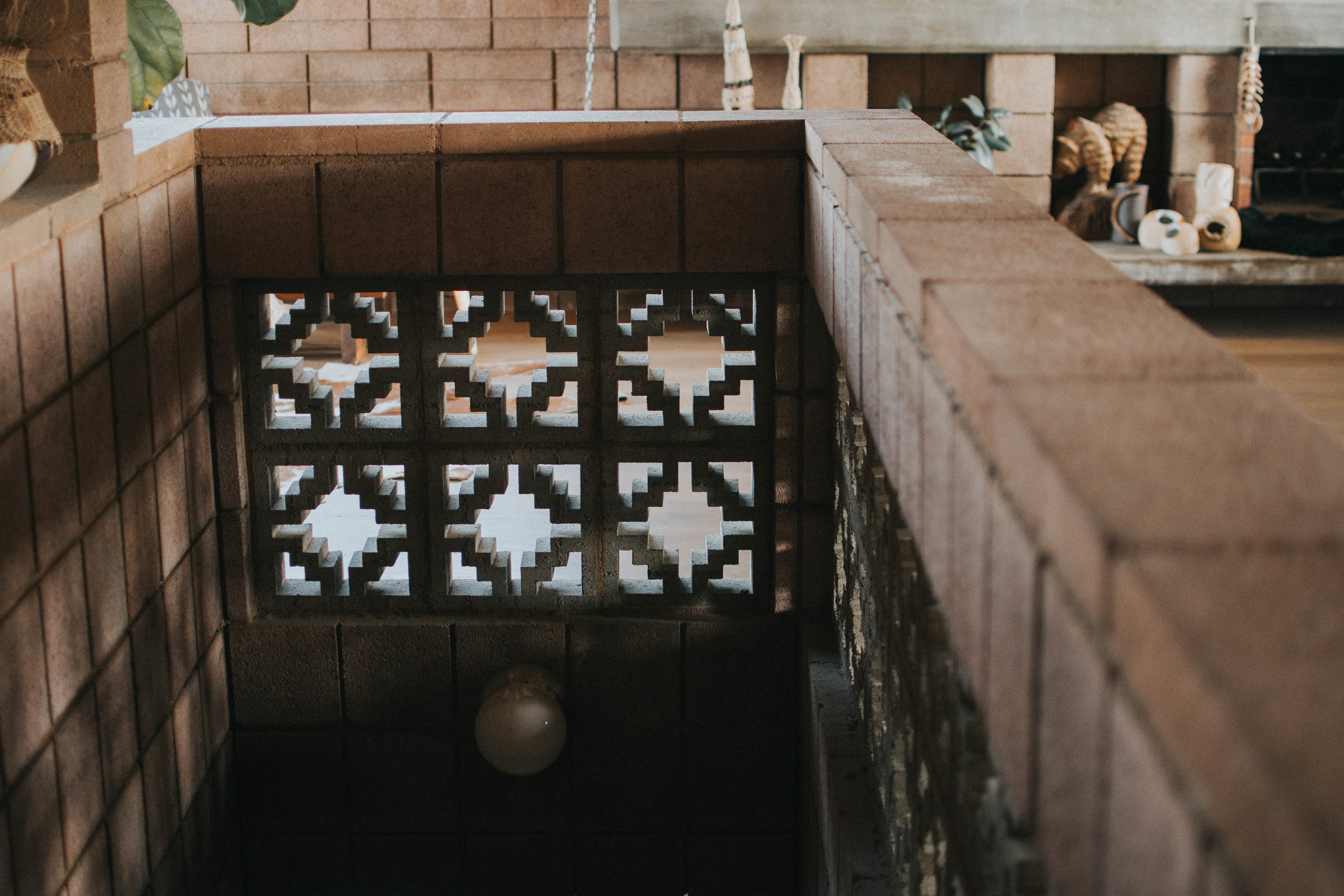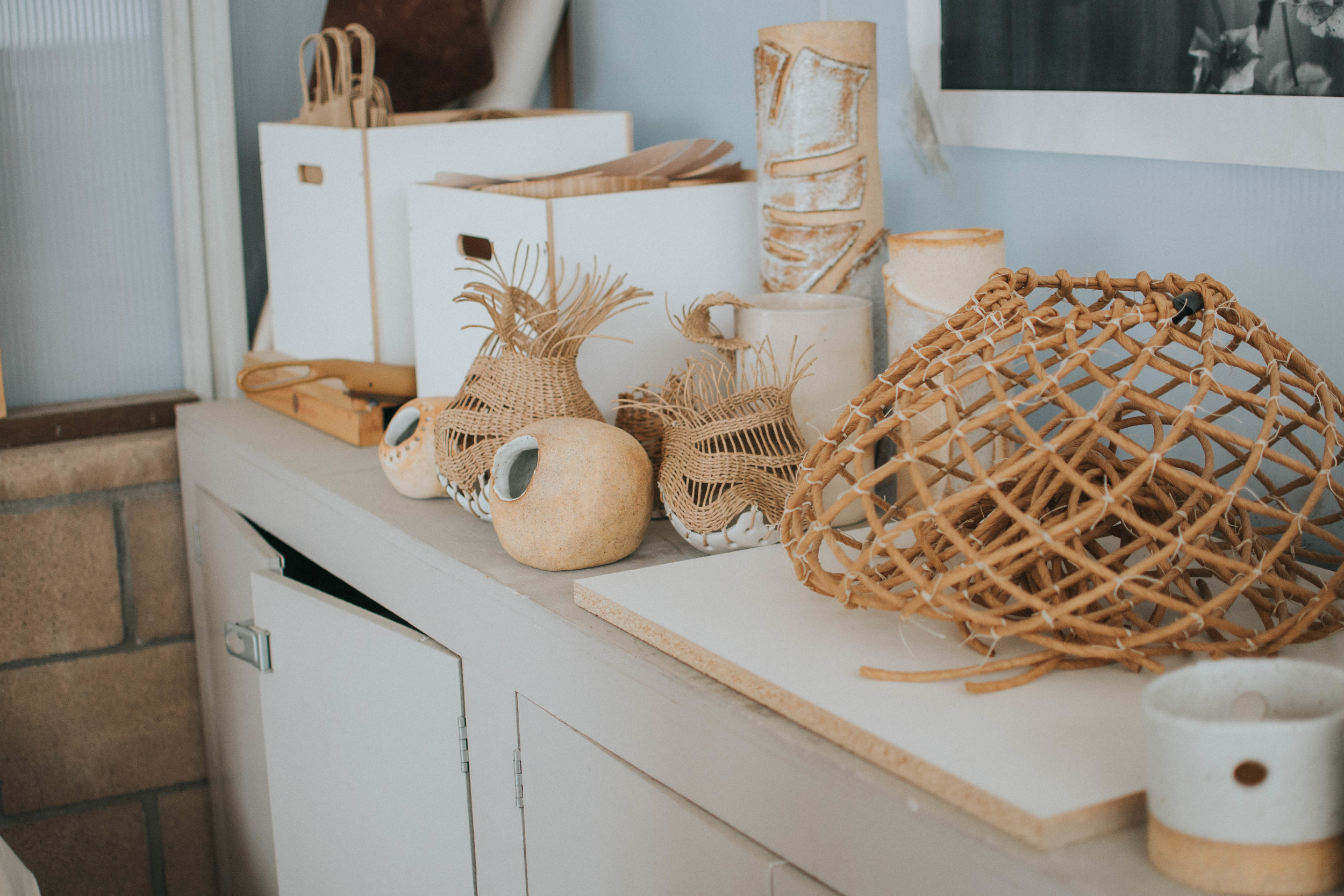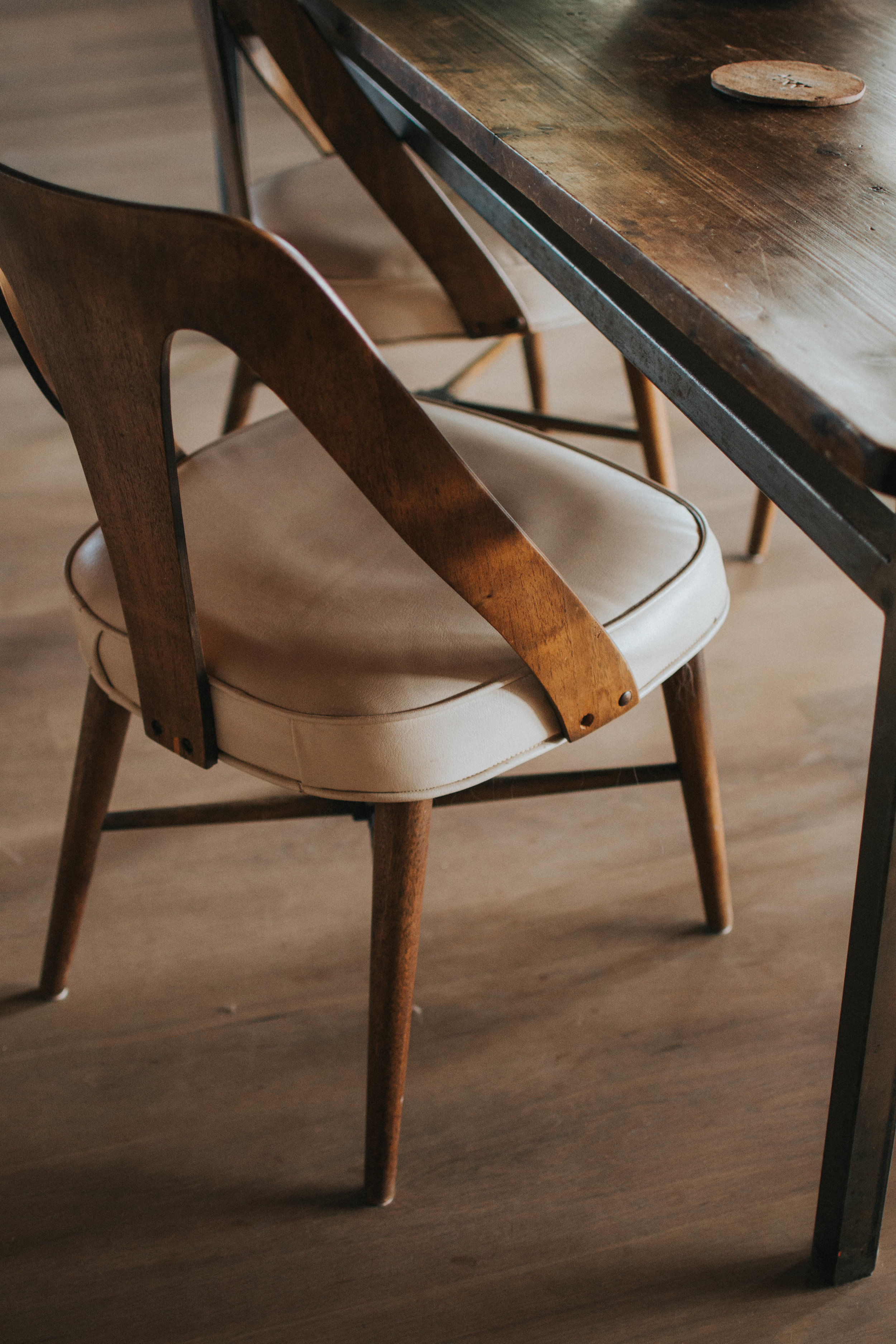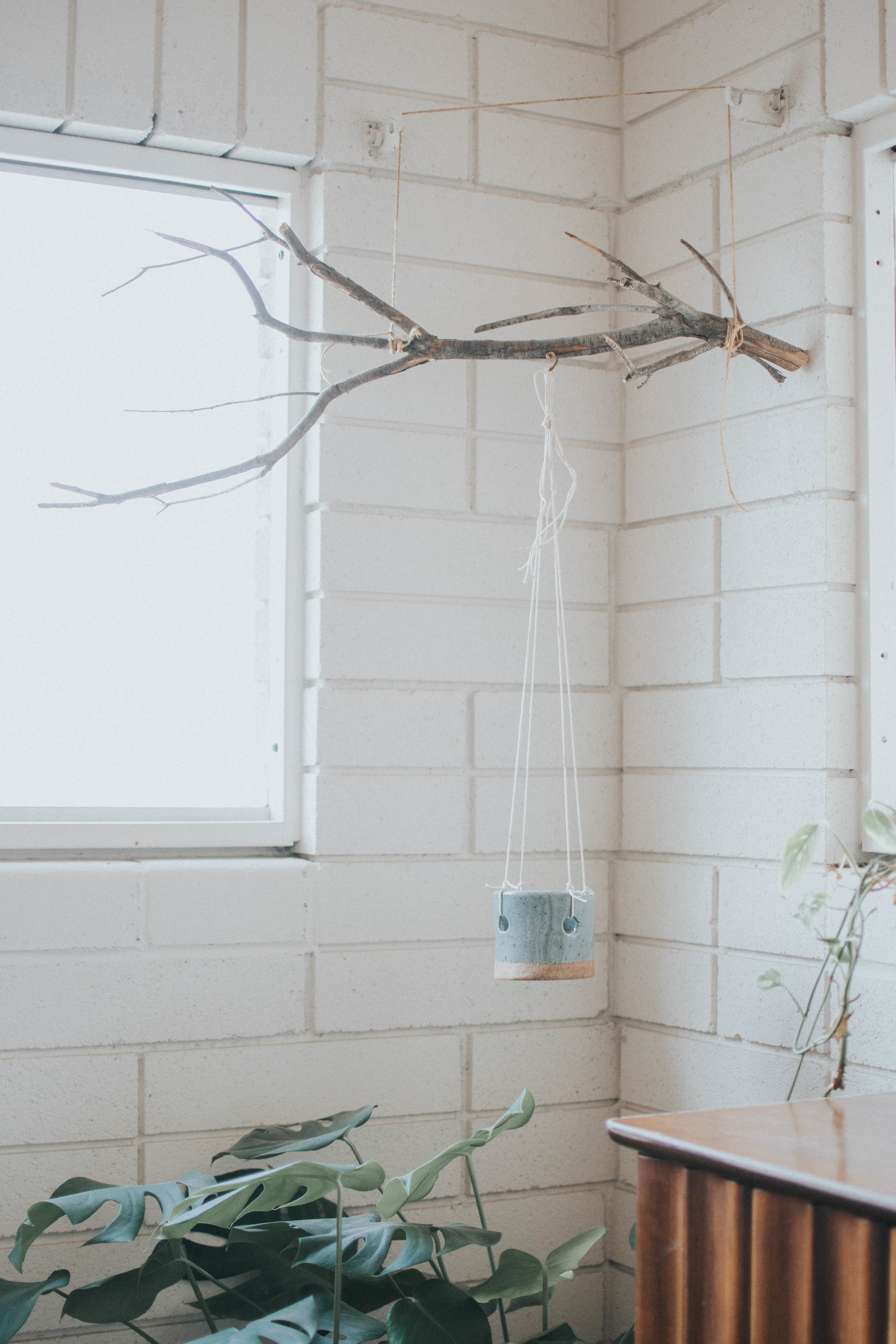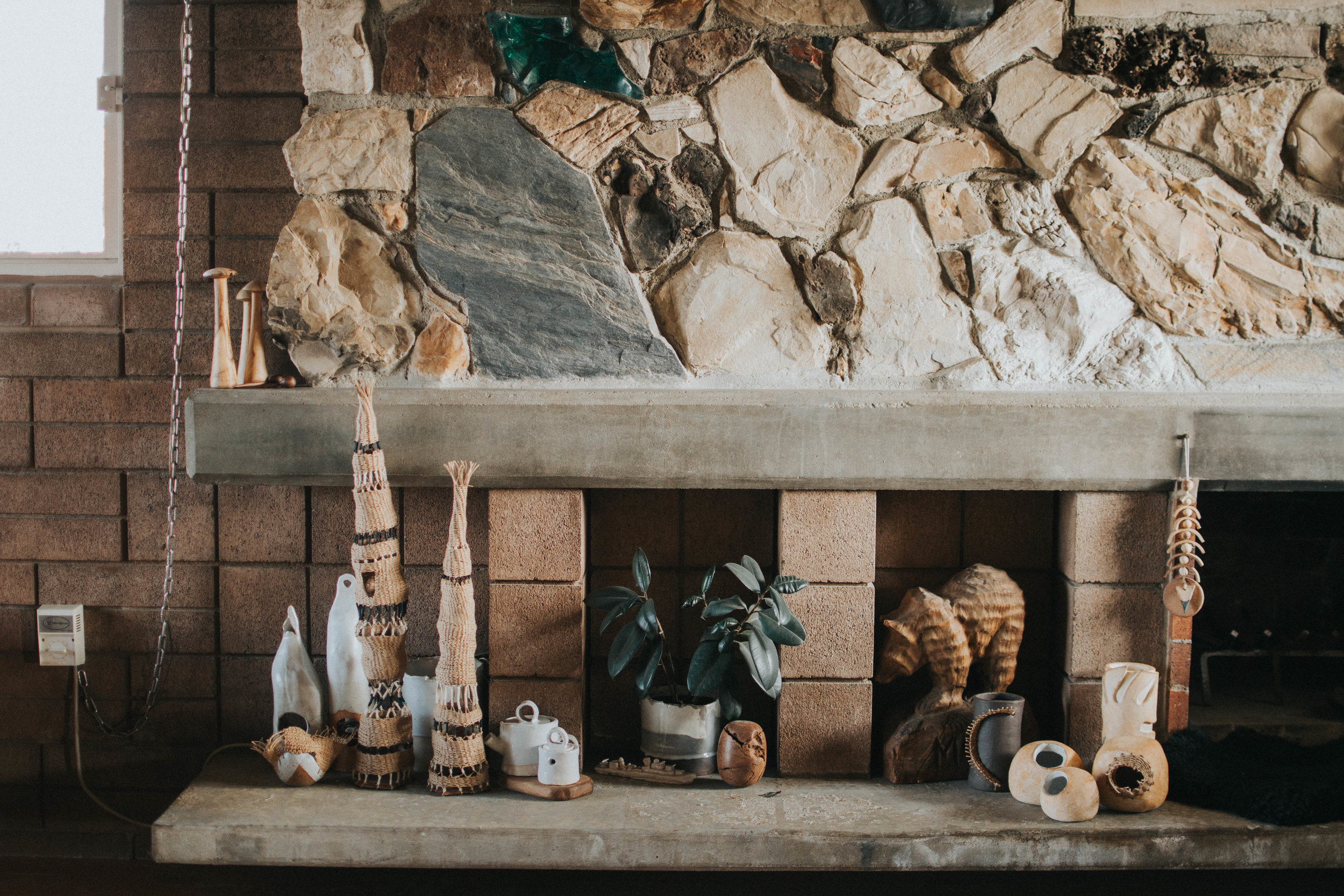Interview | Tracy Wilkinson
It was all a full, fresh breath of air. I parked my car and walked up a steep driveway, past a garage turned ceramics studio, and up the stairs to an open door. I stepped in and the quietness of the street entered into the openness of the room. Tracy was sitting at her dining table with a glass of water and a notebook. She stood and smiled and greeted me with a voice that matched the calmness in the space. I sat down across from her and took in everything that surrounded.
“My background is actually in fashion." She started after she brought me a glass of water and sat back down across the table. "I grew up in the north of England and then I went to fashion school there and then I went on to do a masters in fashion in London. So I was in London for a few years and then I got a job offer in New York.” She talked through what London was like in the late 80s and how she knew of friends who moved America and how exciting it all was. She told me of her move to New York and then after four years, how she followed another job out to California. “I wasn’t really that interested in California to be honest, initially. But then I got here and after a few years it was nice.” She laughed at the unease she originally felt and continued, “The life was much easier than New York and you got more for what you were earning. Which now I think is different. But back then it was a fairly cheap place to live. And then I just stayed. So I stayed in fashion and then I started my own fashion line in ‘99 and I had that until 2008. At that point I bought a house and I wasn’t finding anything that I wanted for the house so I would make stuff. I really liked just making pieces whether it was furniture or something else, and that’s how it started. The first things I made in ceramic were these little hanging pots. And those I made because I couldn’t find them anywhere. It kind of developed from those and then I made other pieces and then the weaving started and then I went bananas.”
Her voice was warm and animated. She told me of the work she still does in the fashion industry and of her day to day life. I asked her to define creativity, what it means for her and her work, and she started with after a pause.
“Creativity for me is coming from an interior place. I feel like there’s so many elements of your life and influences that you absorb constantly just like a sponge. And then creativity to me is how that gets filtered through you and your experiences and how that comes out in a way that’s yours and yours alone. To me it’s that uniqueness, I suppose.” She sat back in her chair and thought on the question more. “It’s all about moving forward. Creativity is just moving forward with these ideas and bringing it out of yourself. Moving with the form or the idea or the mix, whatever it is, just to keep moving with it. And accepting it. And seeing where it’s going to take you. Because a lot of the stuff I’ve done that has been pivotal to my work has been an accident. Also I’m not super proficient in ceramics. I’ve only done it for like 6 years and I wasn’t officially taught. Mostly self taught and I feel like that, to me, has been important. For other people they want to know everything and then they want to be creative with all of the knowledge that they have. In fashion you do have to know everything. Because you have to make something that someone can and is going to wear. So you have to know how it’s technically made. Ceramics, to me, was a movement away from that. Like a freedom. A freedom to be like, ‘I don’t really know if this is the way you’re supposed to do this but I’m just doing it anyway to see if it works.’ And that is creativity. It’s freedom. It’s freedom to make, to create, and not worry about the result.”
An idea typically comes to us as an accident. And if we run with it, if we pursue it, it takes a freedom from a lot of things. Freedom from self-doubt, from external expectations, from technicalities, from fear. During my time with Tracy she described her life choices, her work, her creative pursuits as always beginning with some sort of accident and when I asked where fear and anxiety play into it all, she took a long breath and sat back in her chair.
"I don’t have a lot of fear around the ceramics actually, which I think enables me to be as creative as possible." She sat and throught for a time. "In fashion I do. It’s a bottom line because I have to sell this stuff. It’s a real business. Where as my ceramics isn’t a real business. I mean, I sell the work that I have online, or I sell it at shows, or I sell it here at my studio, but that’s not my motivation for it. I think that came from having my own line for so long. I was really very creative in fashion for a while but it got too tied up with making money. Which then just kind of ruined it for me, it just squashed it. Initially when I started ceramics I was doing loads of shows, trying to figure out how to make thousands of these hanging pots. Because at one point I probably could have sold thousands of them. And I went to see if someone could do a mold for me and it just didn’t look right. Then I realized I don’t want it to be a business because it’s going to ruin it for me. So I worked really hard for it not to be one.” She paused and laughed, “Which could be good or bad. I obviously need to sell the work and there has to be an outlet for it, but at the same time I don’t want it to drive the work.”
Tracy’s focus on creative freedom echoed throughout her home—a home she bought and brought to life all on her own. As we walked through each room she described what the space looked like when she first moved in and how she transformed things like a mirrored wall in her bedroom and the cinderblock fireplace into subtle works of art. Her home was geometric and soft and there were touches of nature everywhere, as if the outdoor and the indoor were flowing together in one motion. We pressed into her idea of gender neutrality in style and the femininity that comes out in her ceramic designs. “I think I just see myself as a person,” she said as she held one of her hanging pots. “There are pressures as a woman that are different from men and there are frustrations about being a woman. I have been put down for my gender. There were a lot of struggles as a female business owner. But you know, I grew up in the 70s, and it was shit then. It’s way better than it was. And I have been able to do a lot of things despite my gender. Everyone’s got something to overcome.” She paused and sat with the thought. “That’s a really hard question actually, no one’s ever asked me that. I feel that my work has always been very feminine and it definitely comes out in my work more than anywhere else in my life.”
The conversation ended with an open thought. Like an inhale with a silent, drawn-out exhale, or without any exhale at all. And the openness left me with a feeling of freedom. Freedom to pursue the accidents. Freedom to create outside of an agenda or business model. Freedom to live in my own personal style and let my femininity and internal beliefs come out in the things that I create.




